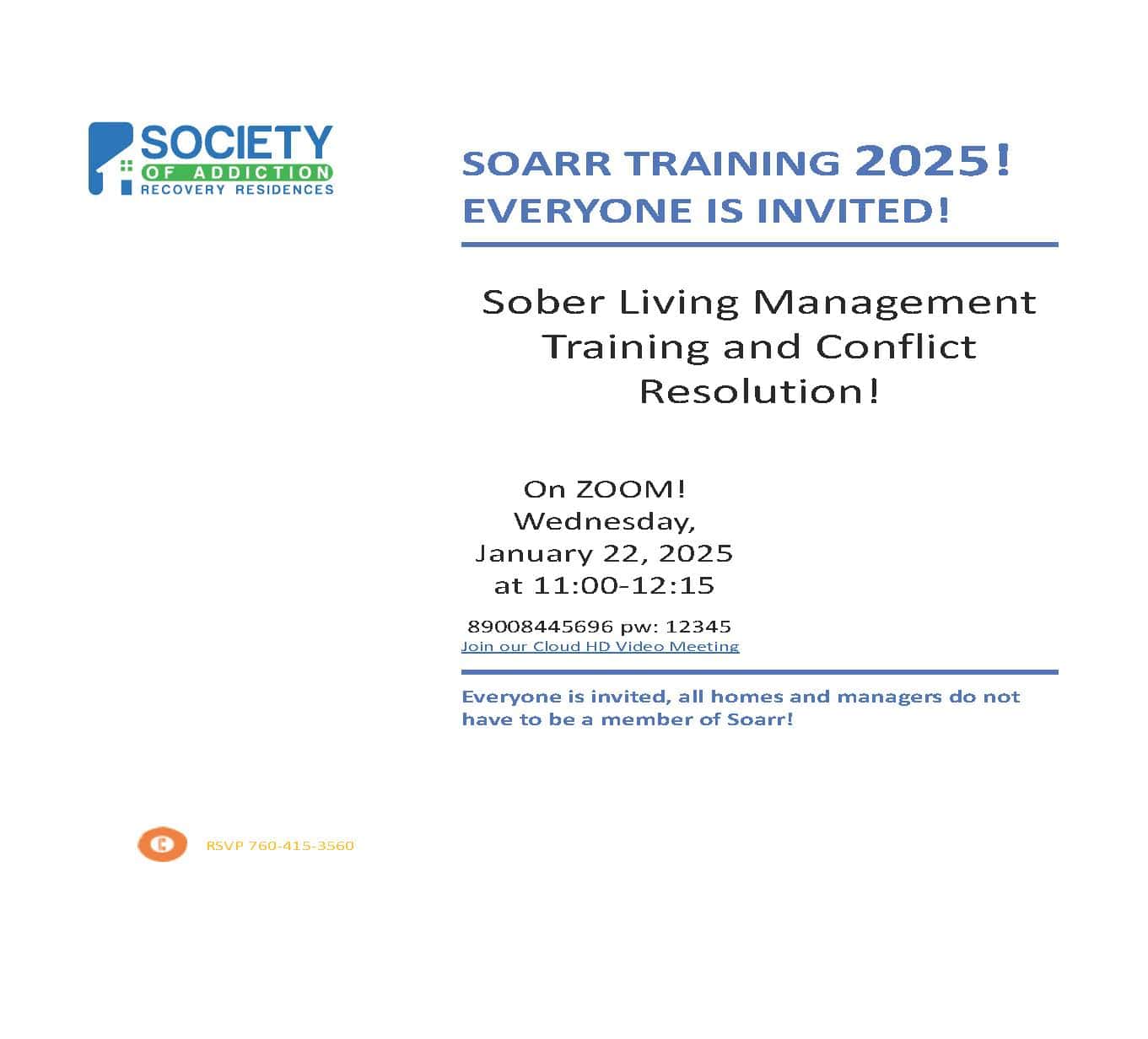With the passage of Proposition 36 last year, California began a new approach to crime and addiction. The statewide measure was voted into law last November. It was written to address concerns about rising retail theft and the deadly toll of fentanyl and other hard drugs. The fentanyl epidemic has taken a toll with both petty crime and drug dealing.
Proposition 36 increases penalties for repeat offenders while offering addiction treatment instead of incarceration. The law reflects a shift in California’s justice system, hoping to create both accountability for criminal behavior and rehabilitation for people charged with minor crimes that are struggling with addiction.
San Diego County is among the first regions to release detailed results on how the law is playing out in practice.
District Attorney Summer Stephan has shared early data suggesting that Proposition 36 is already changing courtroom outcomes, business security strategies, and drug court participation in meaningful ways. It may also be changing lives as more people continue to get help for their substance use.
What Proposition 36 Does
Proposition 36 affects all of California and introduces two major reforms.
Repeat theft offenders with at least two prior convictions can face felony charges, no matter what the value of the items they steal. Previously, consequences were few when even people stole items worth less than $950. The new provision closes what many law enforcement officials saw as a loophole left by Proposition 47 in 2014, which had reduced certain thefts to misdemeanors. It may have unintentionally caused more people to become bolder about theft.
It also enforces a “treatment-mandated felony” for people convicted of possessing hard drugs such as fentanyl, methamphetamine, heroin, or cocaine if they already have two prior drug convictions. People with these charges can enter a court-supervised treatment program instead of serving prison time. Successful completion of drug treatment can result in charges being dismissed. If they abscond from treatment, they can face up to three years of incarceration.
Courts must now also give convicted drug dealers a warning that they could face homicide charges if someone dies as a result of their drug sales.
San Diego’s Rollout and Early Numbers
The San Diego Superior Court approved countywide mandated treatment under Proposition 36 in April 2025. Since then, the District Attorney’s Office reports that 98% of defendants who went through probation or treatment screening accepted help for their substance use disorder. Only five declined court-ordered treatment.
As of July 31, 1,778 cases had been filed under Proposition 36 in San Diego, either for repeat theft or repeat hard drug possession. Drug Court participation is also growing, with 309 people currently enrolled out of a 440-person capacity, suggesting the law is revitalizing court-supervised treatment options, according to the San Diego DA’s Office.
Impact on Businesses and Public Safety
Proposition 36 is already helping with retail theft, including big box stores like Walmart, where theft-prevention decisions are now more data-driven.
District Attorney Stephan has emphasized that the law restores confidence for business owners and employees who previously faced waves of organized theft. She has described the measure as “restoring the rule of law, giving hope to businesses suffering the specter of repeat theft” while also addressing addiction as a driver of crime.
Balancing Accountability with Treatment
Proposition 36 is designed not only to punish but also to address the root causes of habitual criminal behavior. Defendants with repeat drug possession convictions can get the chance to go to treatment and finish the program, rather than prison or jail. For many, this is a second (or third) chance to reclaim their lives.
Drug courts in San Diego use Proposition 36 as a leverage to encourage more addicted people to get sober. The outcome could be potentially breaking cycles of addiction that fuel theft, drug sales, and other crimes. ( Repeat theft offenders, however, face worse outcomes. There are felony charges that can no longer be avoided by keeping the value of stolen goods under $950.)
Dealers of fentanyl and other narcotics are also targeted and told that any future sales leading to a death can result in homicide charges.
The combination of treatment opportunities and stricter consequences is meant to reflect California’s dual priorities of rehabilitation and public safety.
Statewide Challenges Ahead
While San Diego’s rollout appears promising, statewide implementation has been uneven. Counties differ in how often they file felony charges under Prop 36, and treatment capacity varies widely. Many communities face shortages of addiction treatment slots, mental health services, and probation resources.
There is more to be revealed when it comes to Proposition 36’s longer-term effects, but hopefully other counties can follow in San Diego’s footsteps.
Sober Living in San Diego and Beyond
At SOARR, we help set the standards for care in sober housing.
Check our vetted directory of sober living homes that offer safe spaces with therapeutic activities. Recovery is possible within a supportive, positive community.
Find a sober living home that is safe and welcoming for your sobriety journey.





